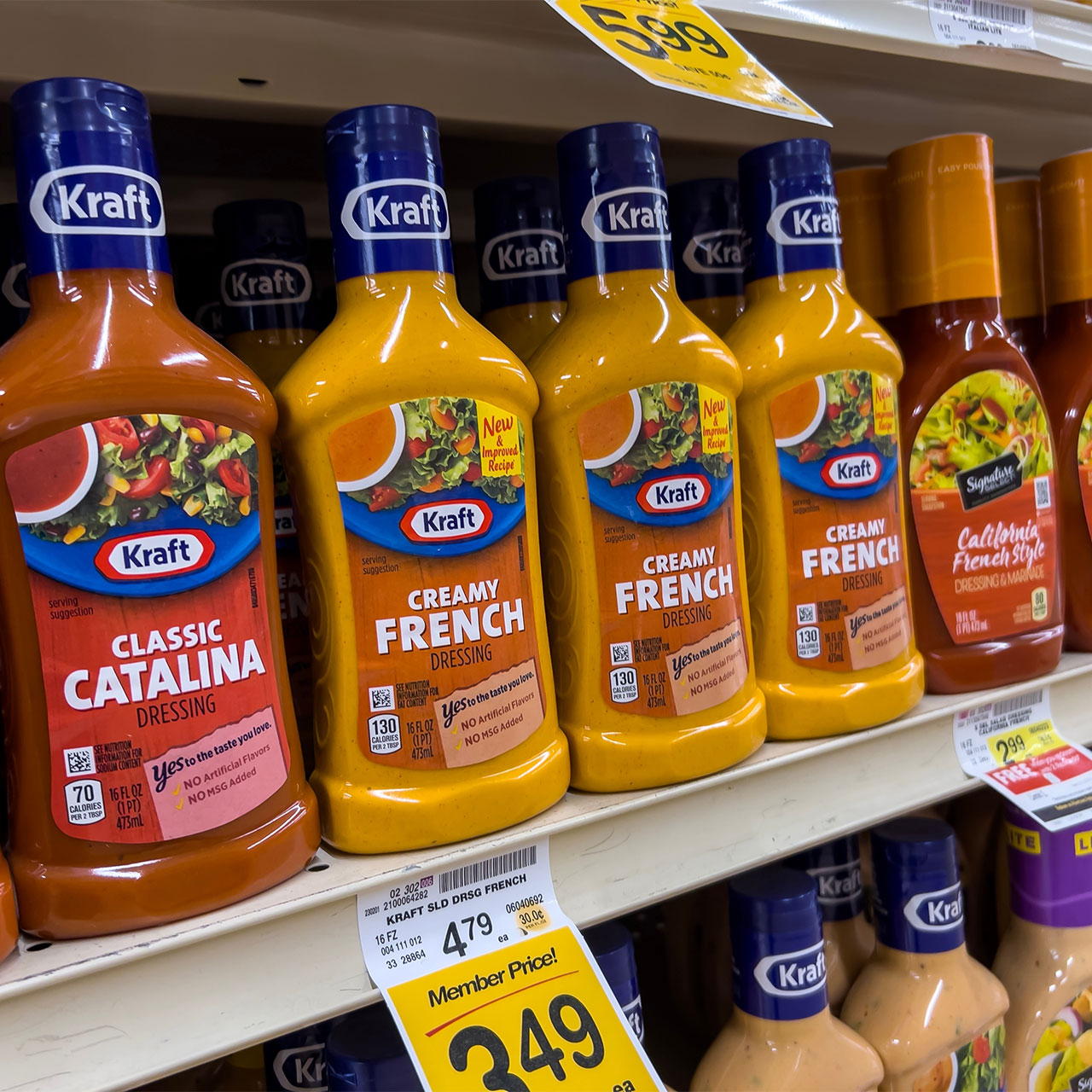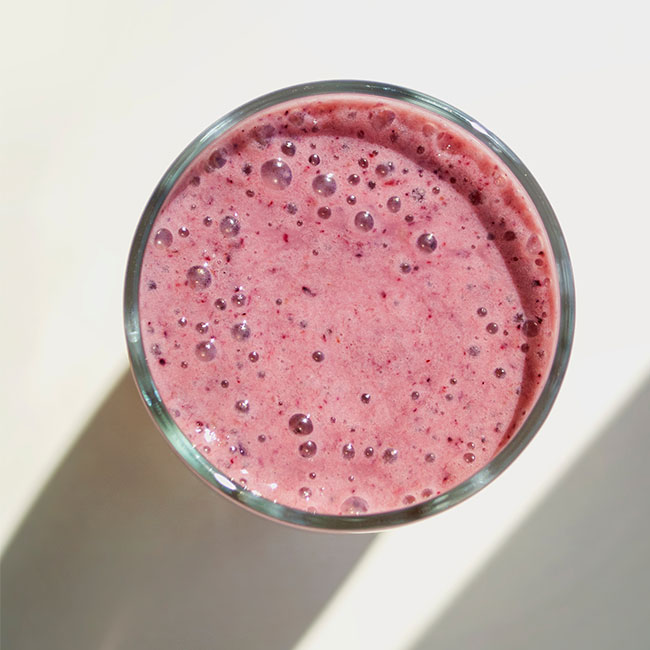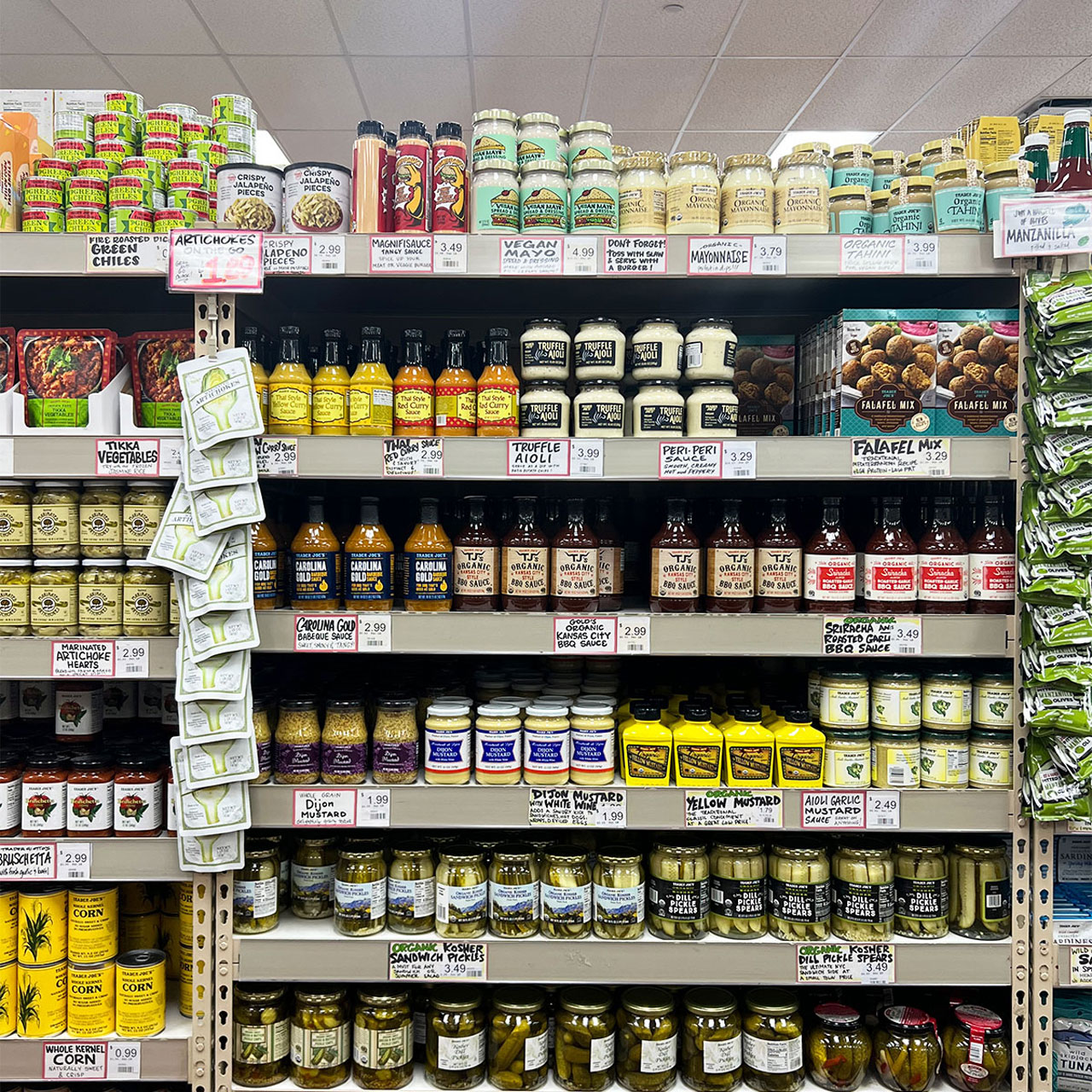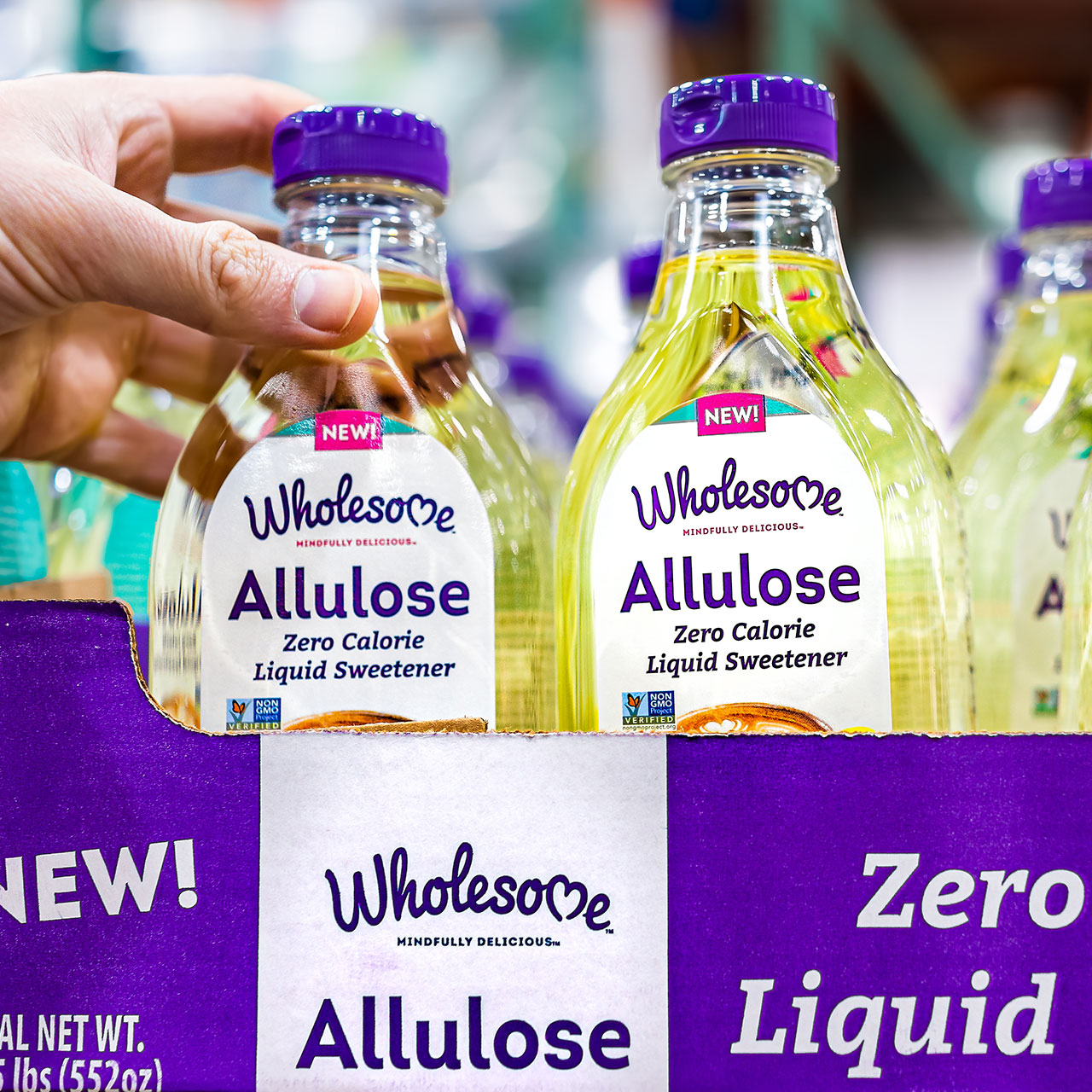If you want to keep your heart in great shape, it’s crucial to prioritize a healthy diet—and that starts with your first meal of the day. There are tons of heart-healthy breakfast foods to add to your plate every morning, but there are also a lot of popular options that could have adverse effects on your cardiovascular system.
In a fast-paced world where convenience often takes precedence, frozen breakfast options have become a popular go-to for individuals seeking a quick and hassle-free start to their day. However, according to award-winning dietitian Rhyan Geiger, these seemingly convenient choices may come at a cost to our heart health. Geiger warns that frozen breakfasts, particularly microwavable egg and sausage bowls, could be contributing to an increased risk of high blood pressure and heart disease. Learn more about the risks below.

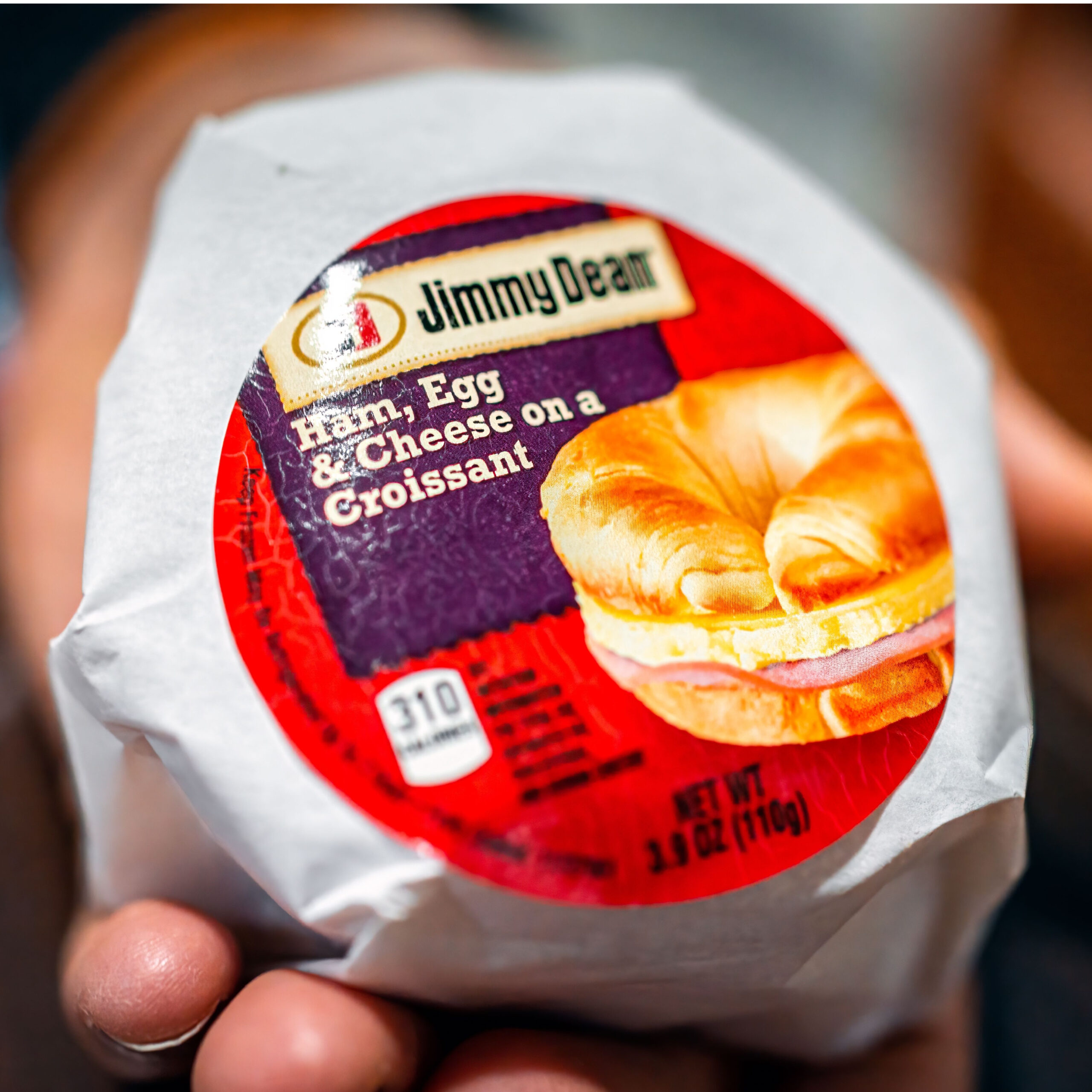
Frozen Breakfasts and Heart Issues
There's no denying that frozen breakfast options—such as breakfast sandwiches and potato bowls—are both convenient and tasty. Unfortunately, though, what you gain in convenience when you keep these meals stocked in your fridge, you pay for with health risks.
Geiger highlights a significant concern associated with frozen breakfasts when it comes to your heart: their high sodium content. "Quick breakfast options like microwavable egg and sausage bowls can be loaded with sodium," she warns. It's no secret that consuming excessive amounts of sodium can take a toll on your body. The daily recommended intake of sodium for individuals with heart concerns is no more than 1,500mg. Shockingly, Geiger points out that a single microwave breakfast bowl can contain nearly 800mg of sodium, leaving very little room for additional salt intake throughout the day.
Sodium plays a crucial role in regulating blood pressure, but excessive consumption can lead to hypertension, a major risk factor for heart disease. High blood pressure forces the heart to work harder, increasing the strain on arteries and potentially leading to serious cardiovascular issues.
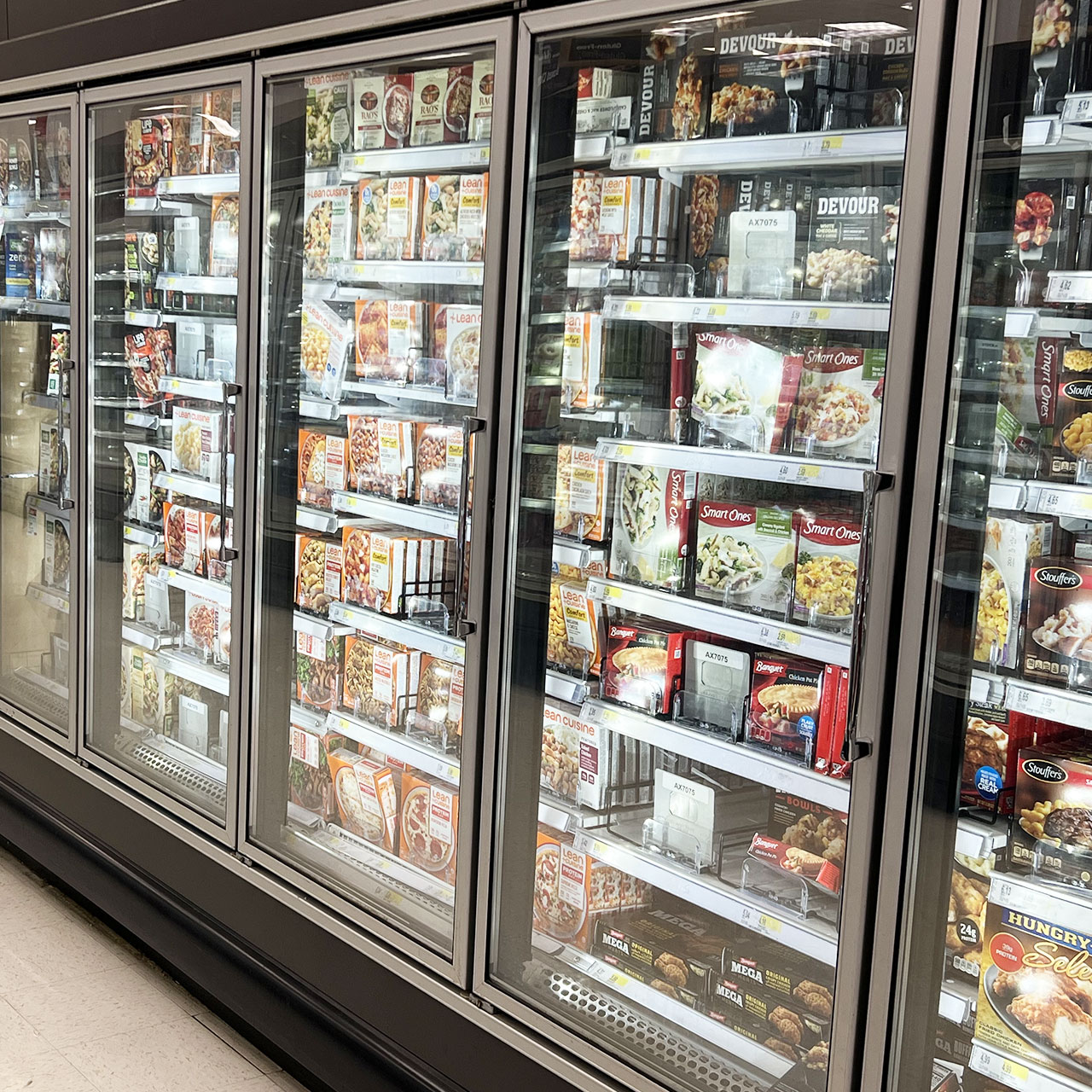
To comprehend why frozen breakfasts contribute to high sodium levels, it's essential to recognize the processing and preservation methods involved in these products. Frozen meals are often prepared with preservatives and flavor enhancers to extend their shelf life and enhance taste. Sodium is a common component in these additives, and its excessive presence in these meals can have adverse effects on cardiovascular health.
Geiger advises individuals to be vigilant about reading nutrition labels and choosing options that align with heart-healthy recommendations. Opting for whole, unprocessed foods is a key strategy to mitigate the risks associated with frozen breakfasts.

Healthier Alternative
So, what should you eat instead of frozen meals? Luckily, there are so many quick, healthy breakfast options that are less likely to lead to these risks.
Geiger suggests an alternative that not only addresses the need for a quick breakfast but also promotes heart health: protein overnight oats. "Instead of opting for high-sodium frozen breakfasts, consider a heart-healthy, still quick breakfast like protein overnight oats," she says. Oats are loaded with benefits for your whole body. For one, they contain beta-glucan, a soluble fiber known for its heart-protective benefits.
Beta-glucan has been linked to the reduction of cholesterol levels and improved heart health. By choosing a breakfast option rich in this fiber, individuals can actively contribute to the well-being of their cardiovascular system while still enjoying the convenience of a quick morning meal.

The bottom line
While the allure of frozen breakfasts lies in their convenience, it is essential to recognize the potential health risks associated with these quick options. Geiger's warning sheds light on the connection between high sodium intake from frozen breakfasts and an increased risk of high blood pressure and heart disease. As consumers, making informed choices by opting for heart-healthy alternatives can play a pivotal role in safeguarding our cardiovascular health amidst our busy lifestyles.


